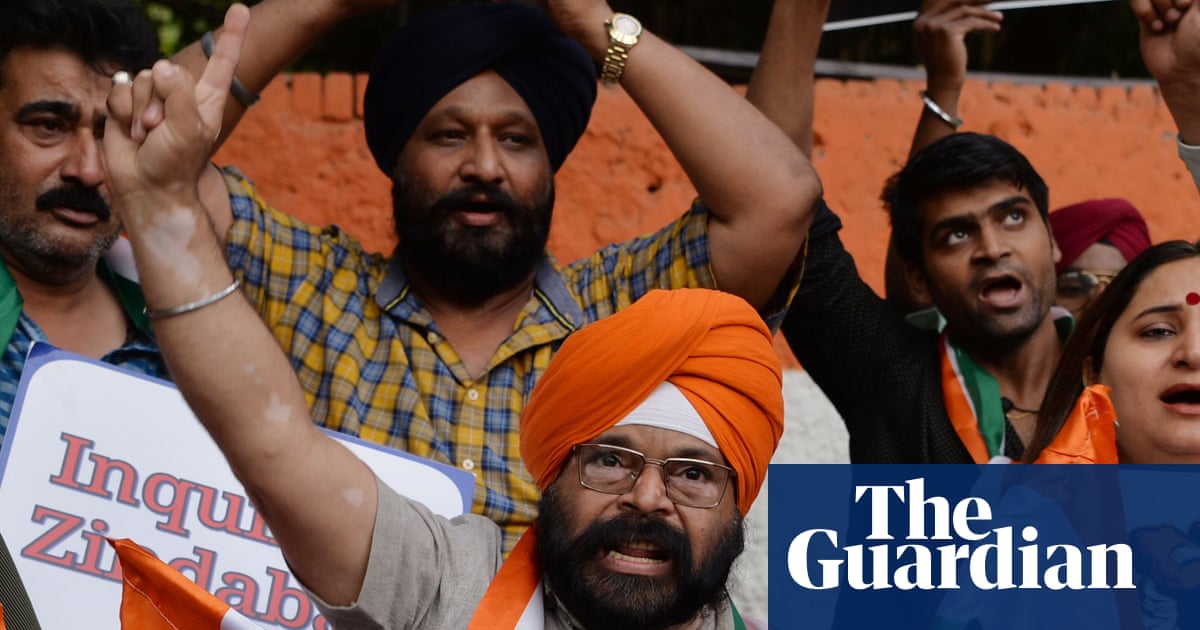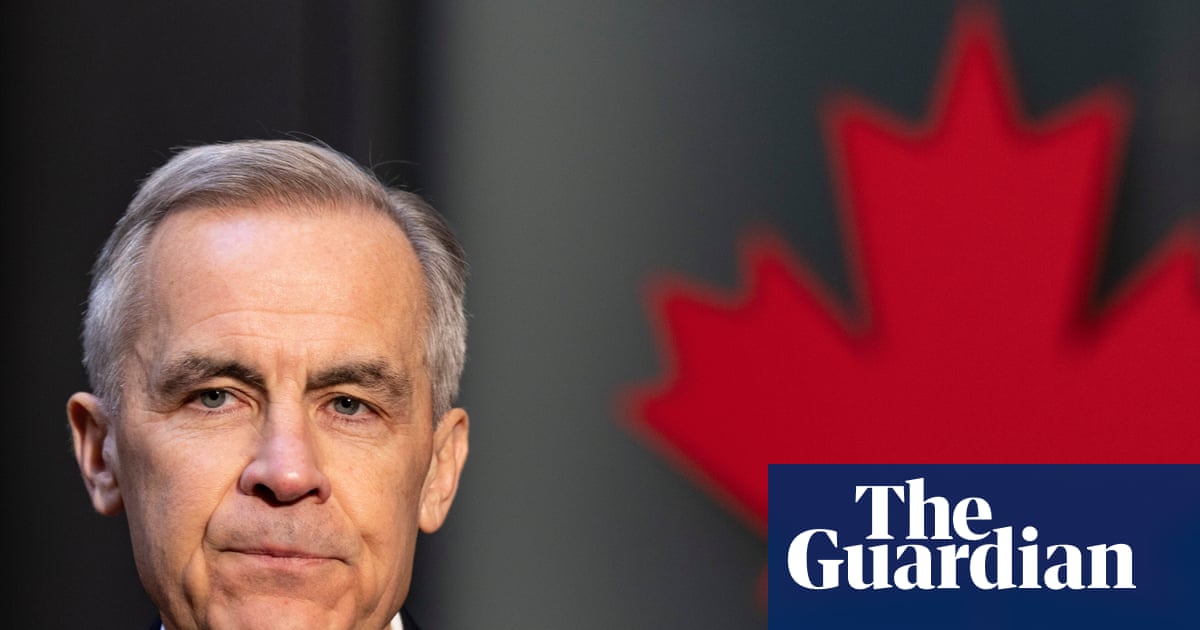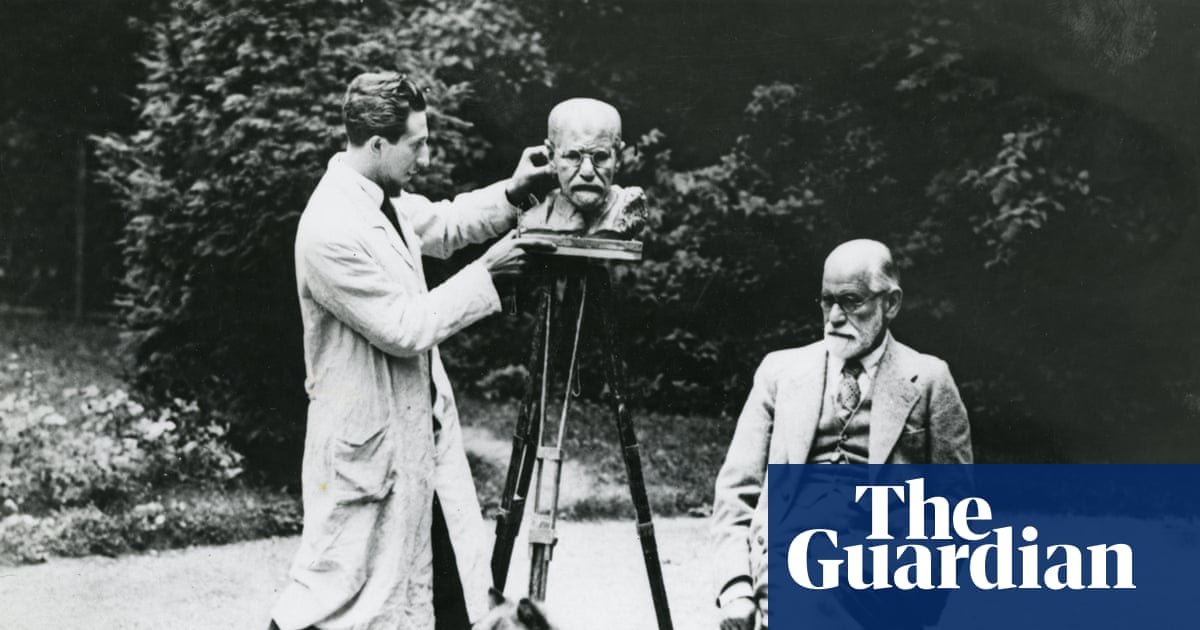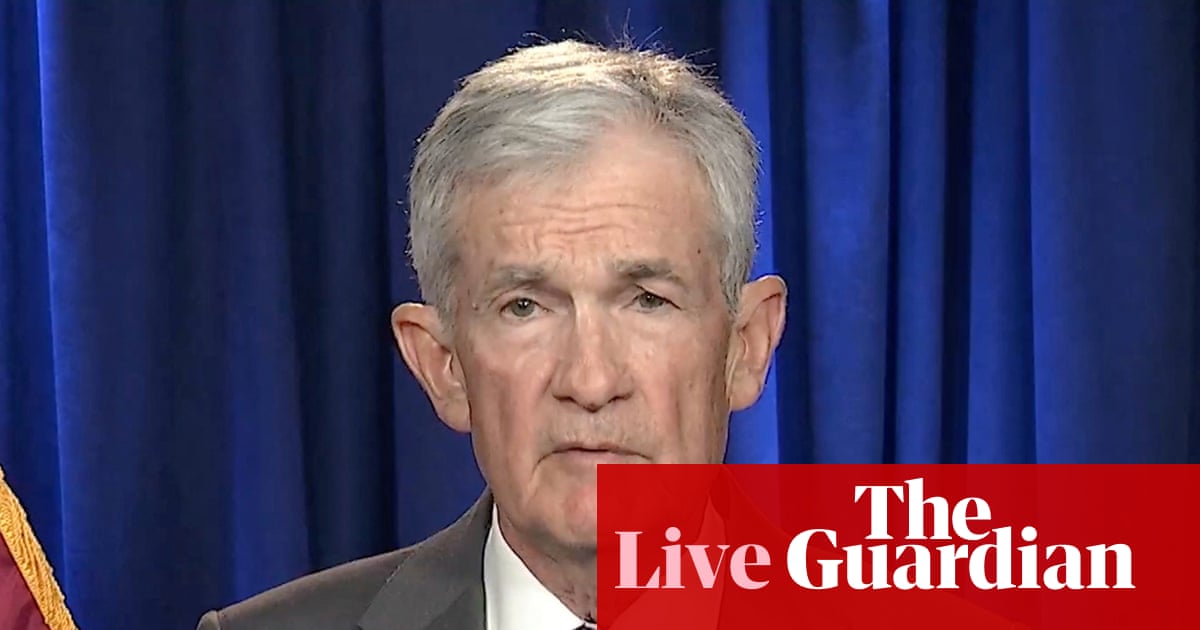After the excitement of Keir Starmer’s enforced reshuffle, and the revelations that finally forced the sacking of Peter Mandelson, can voters withstand the drawn-out hysteria of a Labour deputy leadership campaign?
I don’t think so. No disrespect to the two surviving aspirants, Bridget Phillipson and Lucy Powell, but Labour – for the nation’s welfare, for its own party interests and for those of the prospective future office holder – should take the chance to abolish the post and snuff out the campaign with it.
As one who toiled some moons ago for an especially prominent holder, Denis Healey, I can confirm that it is a truly awful job: fully meriting the estimation of John Nance Garner who, having served as vice-president of the US between 1933 and 1941, declared the subsidiary role to be “not worth a bucket of warm piss”.
The deputy leader role entails responsibility without power. The holder has to plough through screeds of internal party business that is of interest only to political maniacs, barrack-room lawyers and those trying to exploit the party’s procedures for their own ends, or some special cause that would embarrass the leader. The holder is expected to rebut these, especially on behalf of a leader who is actually running the country, while assuring their promoters that they really have their interests at heart.
The leader will fob off countless delegations and foreign visitors from fraternal organisations with a meeting with the deputy. The latter’s hands will be numbed with shaking those of such visitors, and they will have to learn the pre-emptive semi-hug of pretended rapturous welcome. The deputy’s Christmas or New Year greetings card list will rise to unmanageable heights, the supply of House of Commons ones expected by recipients will run out and the deputy’s dogsbody will have to wheedle them from colleagues. The deputy will eat countless party dinners or sandwiches, make countless speeches, present countless awards, pose for countless photographs, and then try to remember names and accomplishments.
The party has done without a deputy leader in the past. It is always redundant in government and generally dangerous in opposition, especially if the leader is not making much headway. Far from helping to unify the party, the very existence of the post encourages rumours of turf wars and splits. If the deputy has the temerity to outshine the leader, they are accused of planning a coup. If they are a loyal “deputy dullard”, they are accused of slacking and skulking. It is also sure to be an even more thankless job under this administration, with Starmer reportedly a remote and distant figure, unable to see his own chancellor crying after failing to defend her.
In government, the deputy leader has to be found some kind of job (apart from going to funerals). This will usually be some kind of overlordship or coordination of something that no one else wants to overlord or coordinate. The reshuffle has filled all the desirable posts and if the sacked Powell were elected deputy, Starmer would have to create some new berth in government to keep her compliant. Several recent administrations have appointed a minister for loneliness. Perhaps the incumbent, Stephanie Peacock – if she’s even been informed that loneliness comes under her civil society brief – could make way for deputy Powell, were she to succeed.
Fortuitously, only three deputy leaders in more than a century have made their mark on the party’s history as well as the country’s.
In 1939, Clement Attlee was recovering from an operation and it was the bibulous and bumbling Arthur Greenwood, his deputy, who was induced to speak for England in a packed House of Commons and force Neville Chamberlain into war over Poland.
In 1994, after the death of John Smith, his deputy, Margaret Beckett, became acting leader – the first of two women, along with Harriet Harman, to have had the job on an interim basis, in contrast to the Conservatives, who have managed to find four female leaders, three of them prime ministers. Beckett was in office for about 70 days, outlasting the tenure of Liz Truss. This has clearly left its mark. Only last week, Beckett suggested “nobody in their right mind would want” the deputy post, adding: “A terrible job, really ghastly.”
In 1981, the job became the setting of a civil war that determined the future of the Labour party and British politics with it, after Denis Healey’s surprise defeat in the previous year’s leadership ballot (of MPs only) by Michael Foot. Tony Benn was obliged to launch his long-intended challenge to Healey for the deputy leadership and pretend that the post was tremendously important. This proved to be a self-fulfilling prophecy, especially when a third candidate, John Silkin, entered the contest.
after newsletter promotion
Consequently, the contest filled the media, and as Healey’s neophyte chief of staff I found myself attempting to manage something like a US presidential campaign: the public drama mixed with deals, bargains in corridors and smoke-filled rooms. At the beginning of the campaign, a survey found Healey ahead by 25 percentage points in Labour’s new electoral college. In the final vote, announced to the Brighton conference, Healey prevailed over Benn by less than 1%. I calculated that for each week I had worked for him in the campaign, Healey had lost one percentage point of his lead. Had I been given just one more, Benn would have beaten him.
The Britain of today has no need of such counterfeit drama, so give Labour members the chance to vote the deputy leadership into extinction. “Neither of the above” on the ballot paper should do it.
-
Richard Heller is an author and former political adviser

 3 months ago
69
3 months ago
69

















































